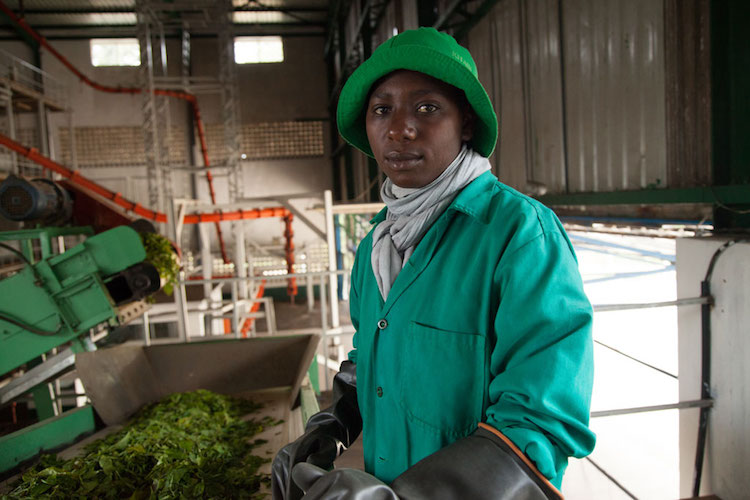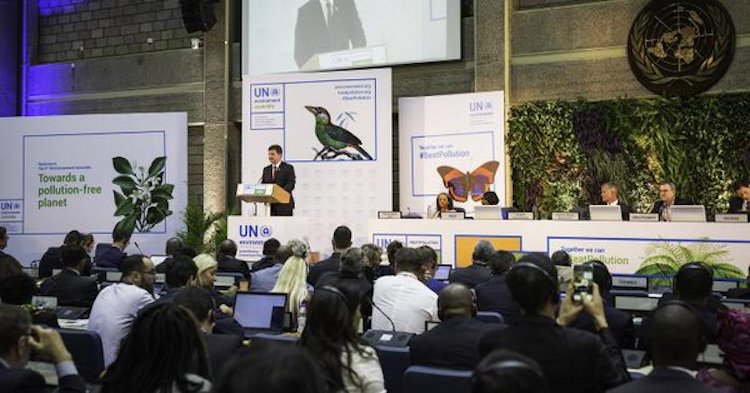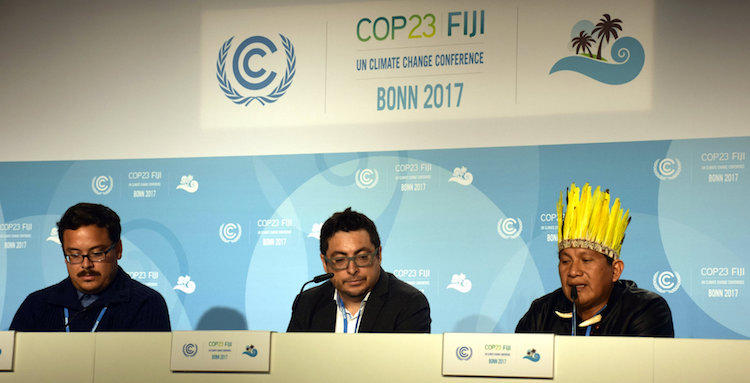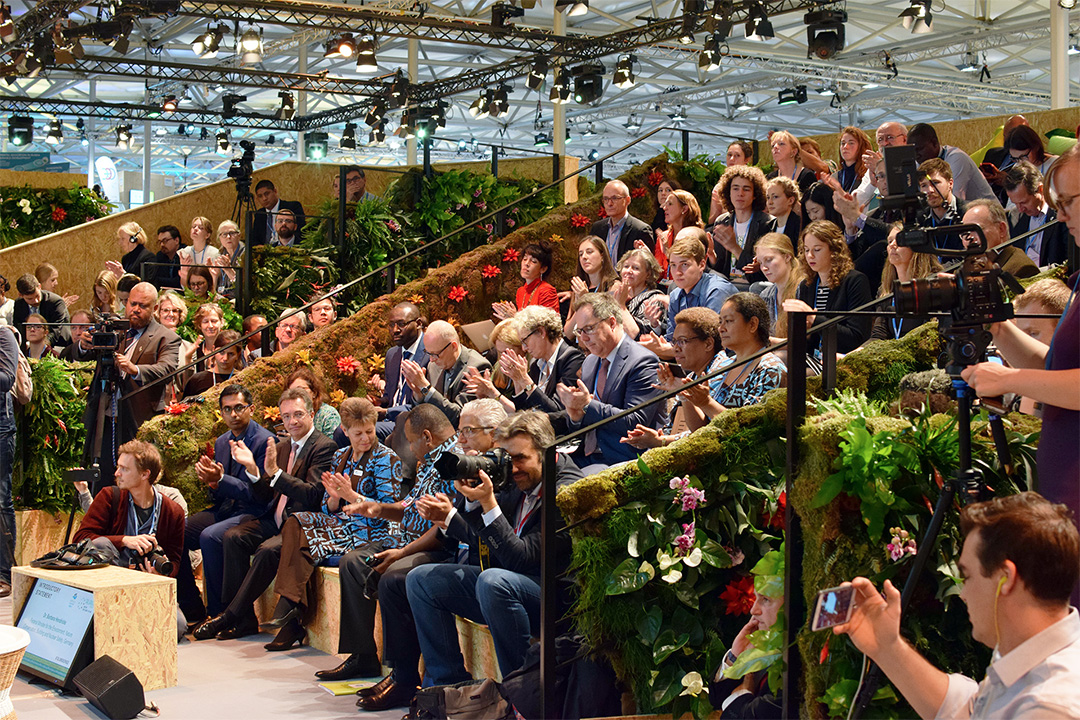
The Price of Forest Degradation and Biodiversity Loss for Livelihoods
By Fabíola Ortiz
BONN (IDN) – Forest degradation and biodiversity loss carry a very heavy price for climate and people’s livelihoods. Restoring forests matters when it comes to growing resilience to climate variation and securing a healthy environment for future generations. This was the main message delivered by experts and community leaders who met in Bonn (December 19-20, 2017) to discuss a more sustainable path to conservation.
“We should stop seeing indigenous peoples, natural resources and forests as a problem. We could see them as a solution,” said Robert Nasi, director general of the Centre for International Forestry Research (CIFOR) which hosted the Global Landscapes Forum, a large science-based platform on sustainable land use. (P38) CHINESE TEXT VERSION PDF | ITALIAN | JAPANESE TEXT VERSION PDF | SPANISH
…


















